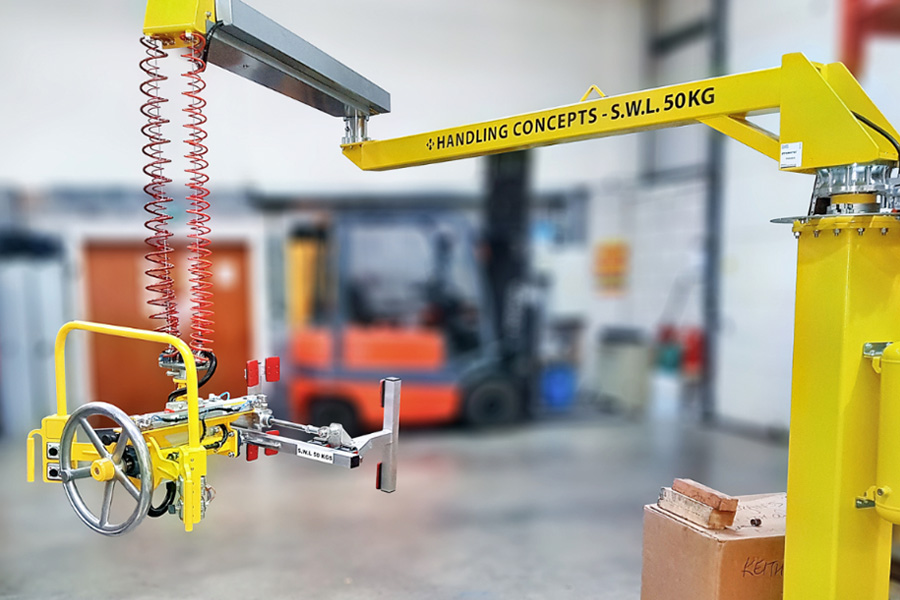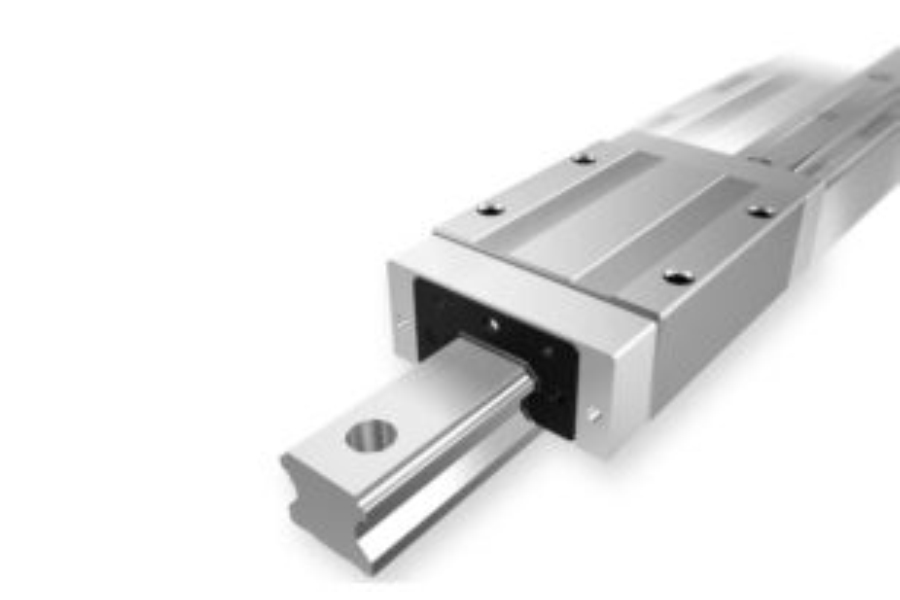Introduction
In the dynamic landscape of modern industry, the efficient movement of materials is paramount. Handling equipment manufacturers have become pivotal players in revolutionising this aspect, introducing innovative solutions that enhance productivity, safety, and sustainability. This blog delves into the cutting-edge advancements from leading equipment manufacturers, examining how these innovations are transforming material movement and shaping the future of industrial operations.
The Evolution of Handling Equipment
Material handling has come a long way from its rudimentary beginnings. Traditional methods often relied on manual labour, leading to inefficiencies and increased risk of injury. The advent of mechanisation marked a significant shift, introducing equipment such as forklifts and conveyor belts. However, it is the recent technological advancements spearheaded by equipment manufacturers that have truly revolutionised the industry.
Automation and Robotics
One of the most significant contributions of equipment manufacturers is the integration of automation and robotics into material handling processes. Automated guided vehicles (AGVs) and robotic arms are now commonplace in warehouses and manufacturing facilities. These technologies not only increase efficiency but also reduce the margin of error and enhance safety. AGVs, for instance, can navigate complex environments with precision, ensuring timely delivery of materials without human intervention.
Advanced Sensors and IoT Integration
The Internet of Things (IoT) has brought about a new era of connectivity, and handling equipment manufacturers are leveraging this to optimise material movement. Advanced sensors and IoT integration allow for real-time monitoring and data collection. This data can be analysed to predict maintenance needs, optimise routes, and improve overall operational efficiency. For example, smart conveyors equipped with sensors can adjust their speed based on the load, ensuring smooth and uninterrupted material flow.
Sustainable Practices and Eco-Friendly Designs
Sustainability has become a crucial consideration in modern industry, and equipment manufacturers are rising to the challenge. Eco-friendly designs and sustainable practices are now integral to their offerings. Electric forklifts, energy-efficient conveyor systems, and recyclable materials are just a few examples of how manufacturers are reducing the environmental impact of their products. Additionally, the emphasis on durability and longevity ensures that equipment has a longer lifespan, further contributing to sustainability.
Customisation and Flexibility
Every industry has unique material handling requirements, and equipment manufacturers are increasingly focusing on customisation and flexibility. Modular designs and adaptable solutions enable businesses to tailor equipment to their specific needs. This bespoke approach not only enhances efficiency but also allows for scalability, ensuring that the equipment can grow with the business. Whether it is a specialised conveyor system for a pharmaceutical company or a heavy-duty crane for a construction site, manufacturers are providing solutions that cater to diverse demands.
Enhancing Safety and Ergonomics
Safety is a paramount concern in any industrial setting, and handling equipment manufacturers are prioritising ergonomic designs and safety features. Innovations such as collision avoidance systems, automated safety checks, and ergonomic controls are reducing the risk of accidents and injuries. Ergonomically designed equipment also minimises strain on operators, enhancing productivity and reducing downtime caused by work-related injuries.
Collaborative Robots and Human-Machine Interaction
The rise of collaborative robots, or cobots, is another significant development from equipment manufacturers. Unlike traditional robots that operate in isolated environments, cobots are designed to work alongside human operators, enhancing productivity and safety. These robots can take over repetitive and physically demanding tasks, reducing the risk of injury and allowing human workers to focus on more complex and value-added activities. Enhanced human-machine interaction through intuitive interfaces and advanced control systems ensures that cobots can be easily integrated into existing workflows, providing a seamless transition to more automated processes.
Future Trends and Developments
The future of material handling is poised for further transformation, with equipment manufacturers at the forefront of innovation. Artificial intelligence (AI) and machine learning (ML) are expected to play a significant role in the evolution of material handling equipment. These technologies will enable even greater automation, predictive maintenance, and optimisation of operations. Moreover, advancements in battery technology and renewable energy sources will drive the development of more sustainable and energy-efficient equipment.
Conclusion
Handling equipment manufacturersare revolutionising material movement in the modern industry through innovative solutions that enhance efficiency, safety, and sustainability. The integration of automation, advanced sensors, and IoT, along with a focus on customisation and eco-friendly designs, is transforming the way materials are handled. As the industry continues to evolve, these manufacturers will remain at the forefront, driving further advancements and shaping the future of industrial operations.
In a world where efficiency and sustainability are increasingly critical, the contributions of equipment manufacturers are indispensable. By embracing these innovative solutions, businesses can optimise their operations, reduce their environmental footprint, and ensure a safer working environment. The future of material handling is bright, and the possibilities are limitless with the continuous innovations from these leading manufacturers.



